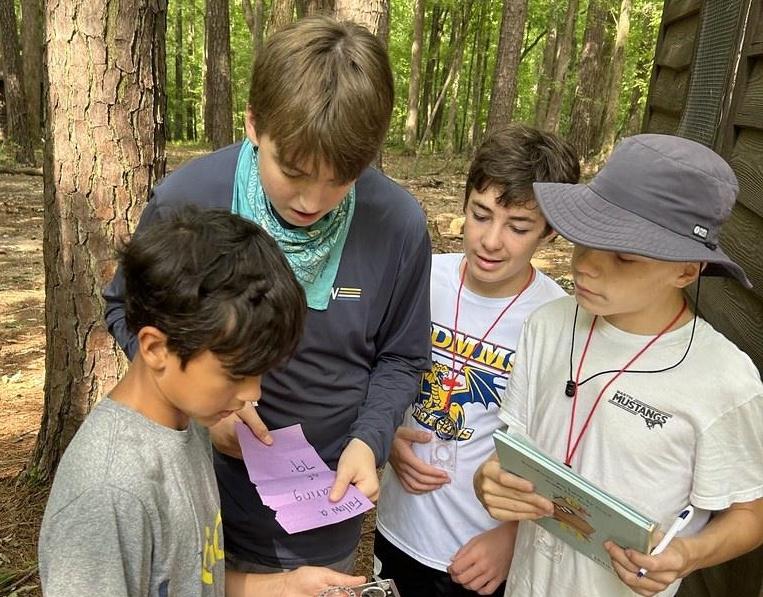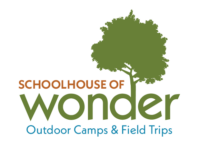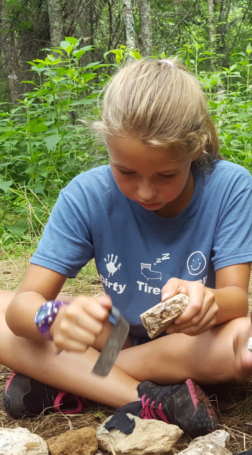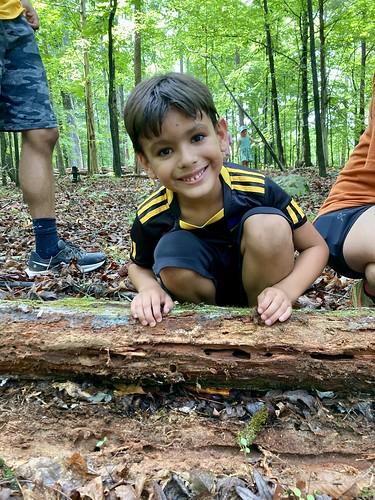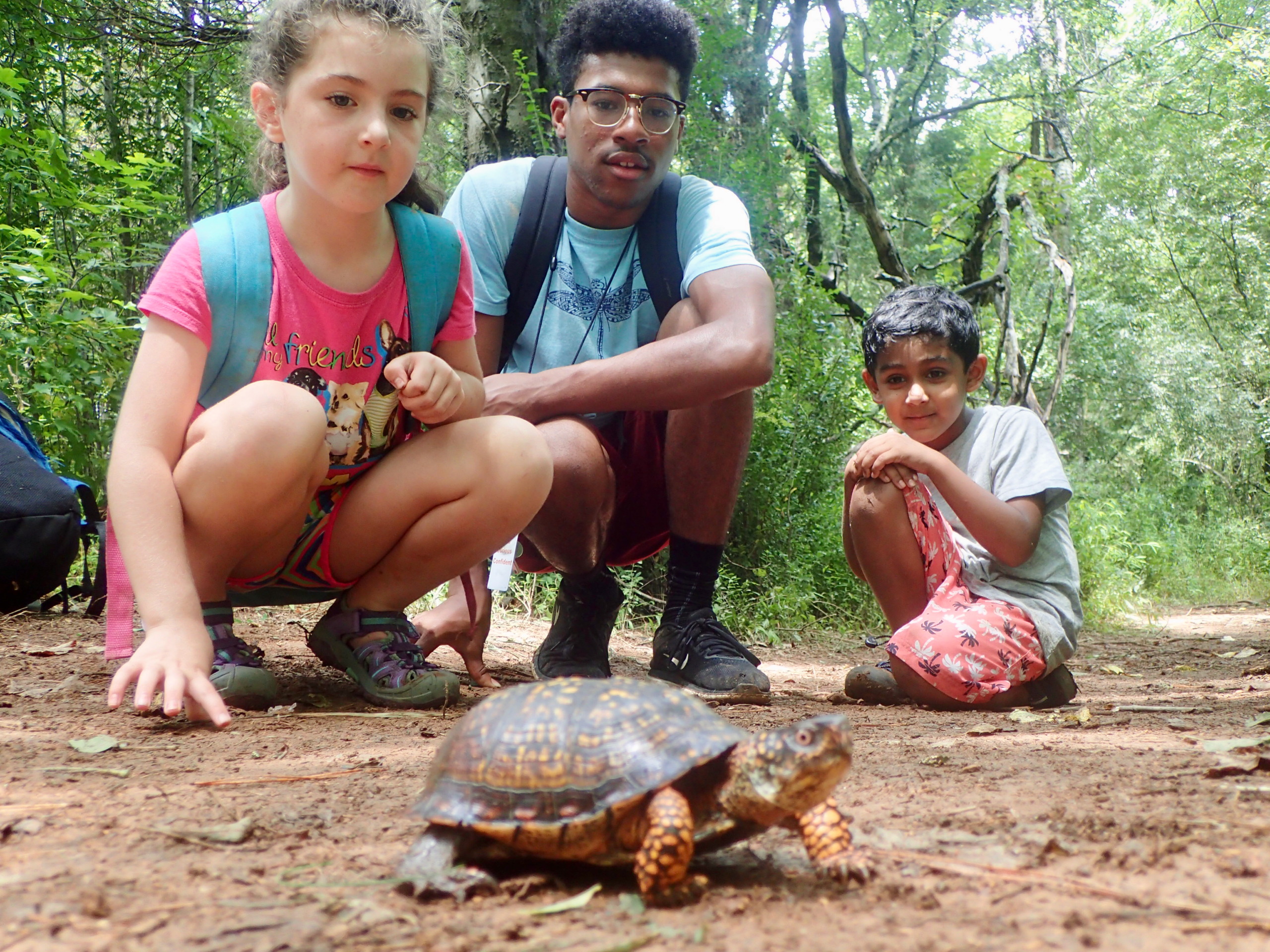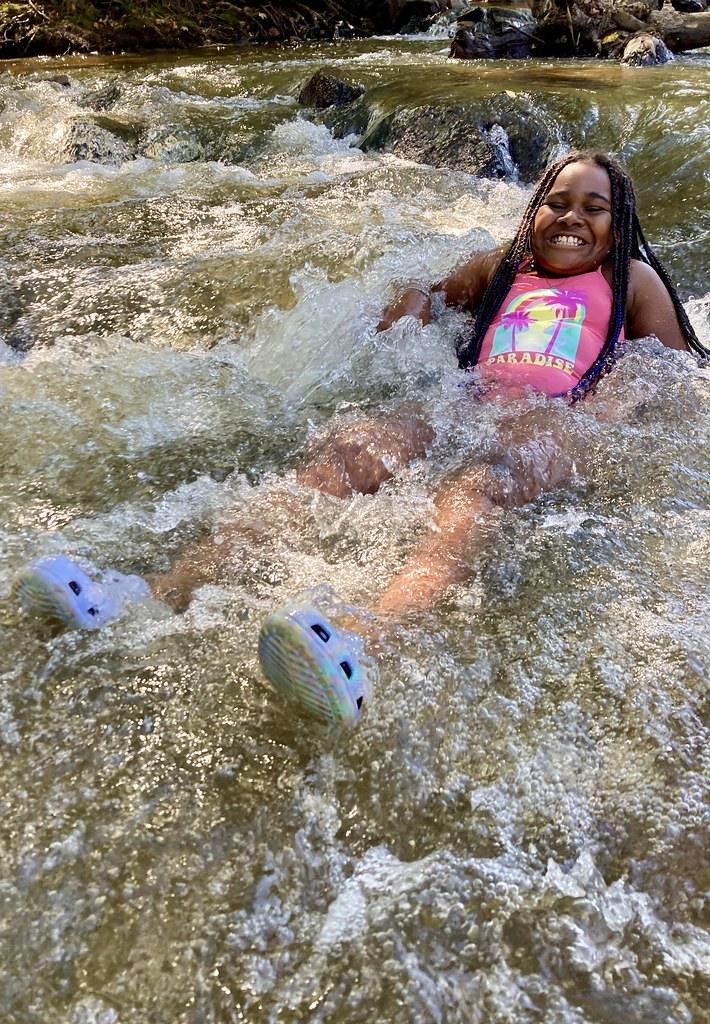We Have a Passionate, Skilled, and Well-Trained Staff Team
Our counselors are the heart and soul of Schoolhouse of Wonder and are the key ingredient to ensuring kids have an amazing camp experience (and learn some important lessons along the way). We strive to pay our staff a higher wage so we can recruit talented individuals who truly care about providing the very best, most nurturing, educational, and FUN experience for children. Many of our seasonal staff are pursuing higher education or careers in child development, outdoor recreation or nonprofit leadership; and our full-time professional staff have chosen to follow this career path thanks to a passion for children and nature.
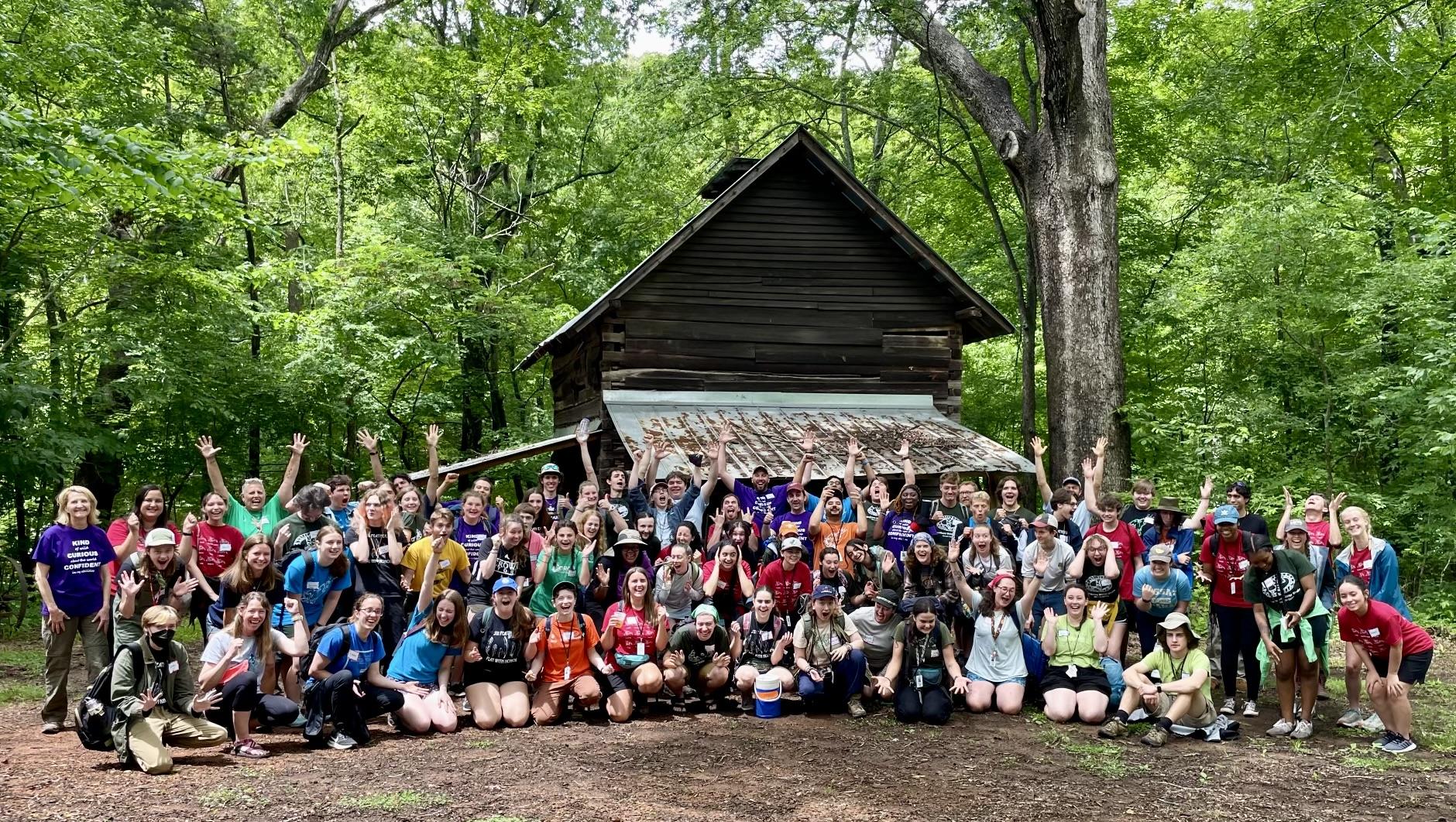
We Offer a Money-Back Guarantee
We will return your child Dirty, Tired, and Happy…or your money back. It’s really that simple.
While we’re confident and proud of our camps, we realize that no one community is a perfect fit for every child. So we offer you our Dirty, Tired, Happy Guarantee to build trust. We don’t know a better way to demonstrate the confidence we have in our programs than by putting our money where our mouth is. If for ANY reason your child decides that camp is not for them and chooses to leave camp before the end of the week, we’ll refund camp tuition for the remaining days. Learn more ›
Our Programming Is Unique, Innovative, and FUN!
(Psst – it’s also educational!)
Our games, activities, and projects are all designed to be fun, active, and to encourage group participation. Our campers have different experiences than they are used to—oftentimes, it’s the “old fashioned” kind of fun that many kids are missing out on today. Our staff encourage campers to explore, try new things, and push their boundaries, all the while learning valuable lessons about how to respect their selves, their camp community, and nature.
We Give Back to Our Communities
Schoolhouse of Wonder is an IRS-designated 501(c)(3) nonprofit and each year we award thousands of dollars in scholarships to make camp possible for kids who would otherwise not have the opportunity to experience it. In addition, we offer discounted field trips to Title I Schools (those with 40% or more of the student population receiving free or reduced lunch).
